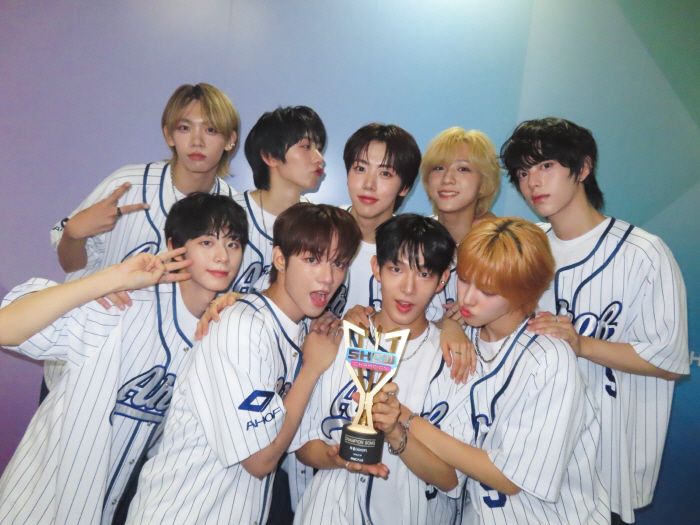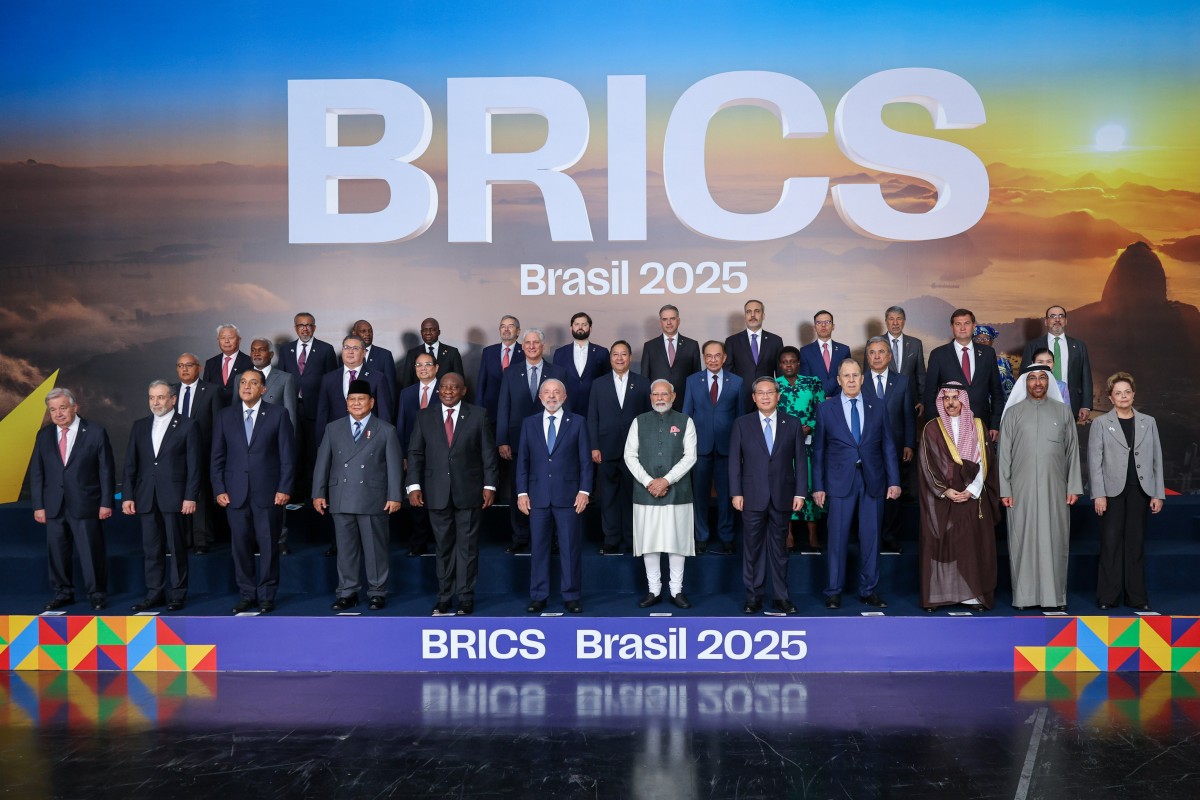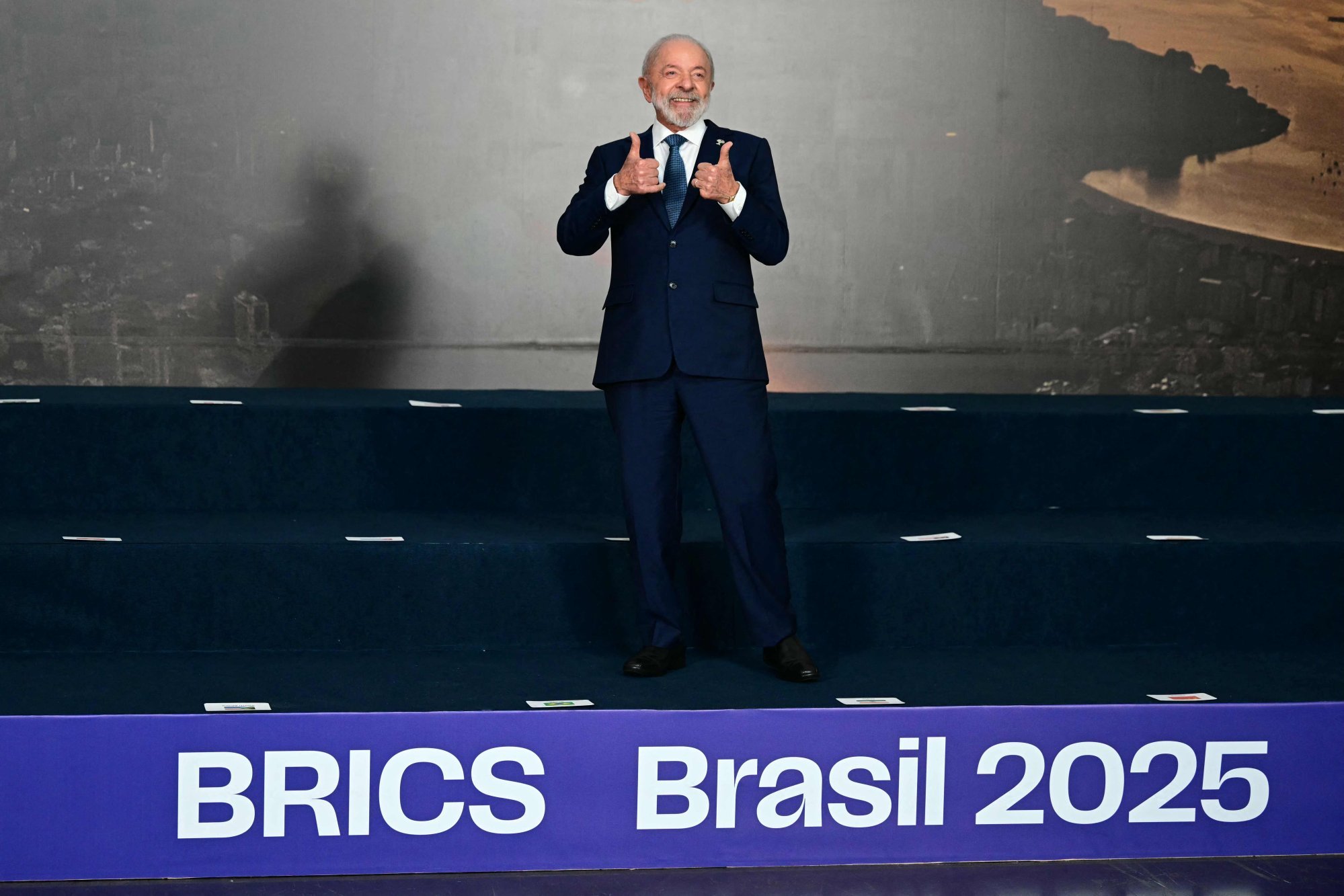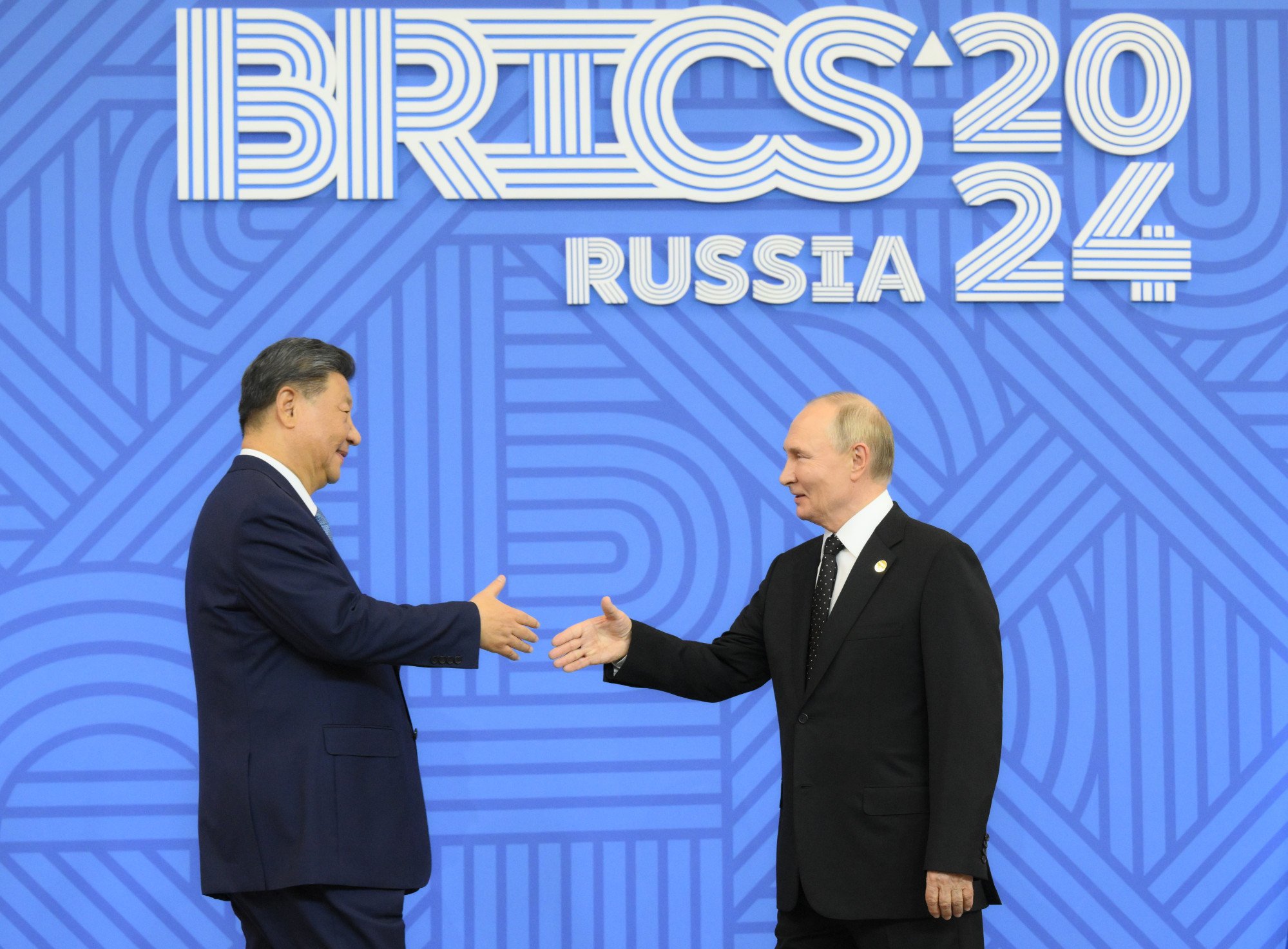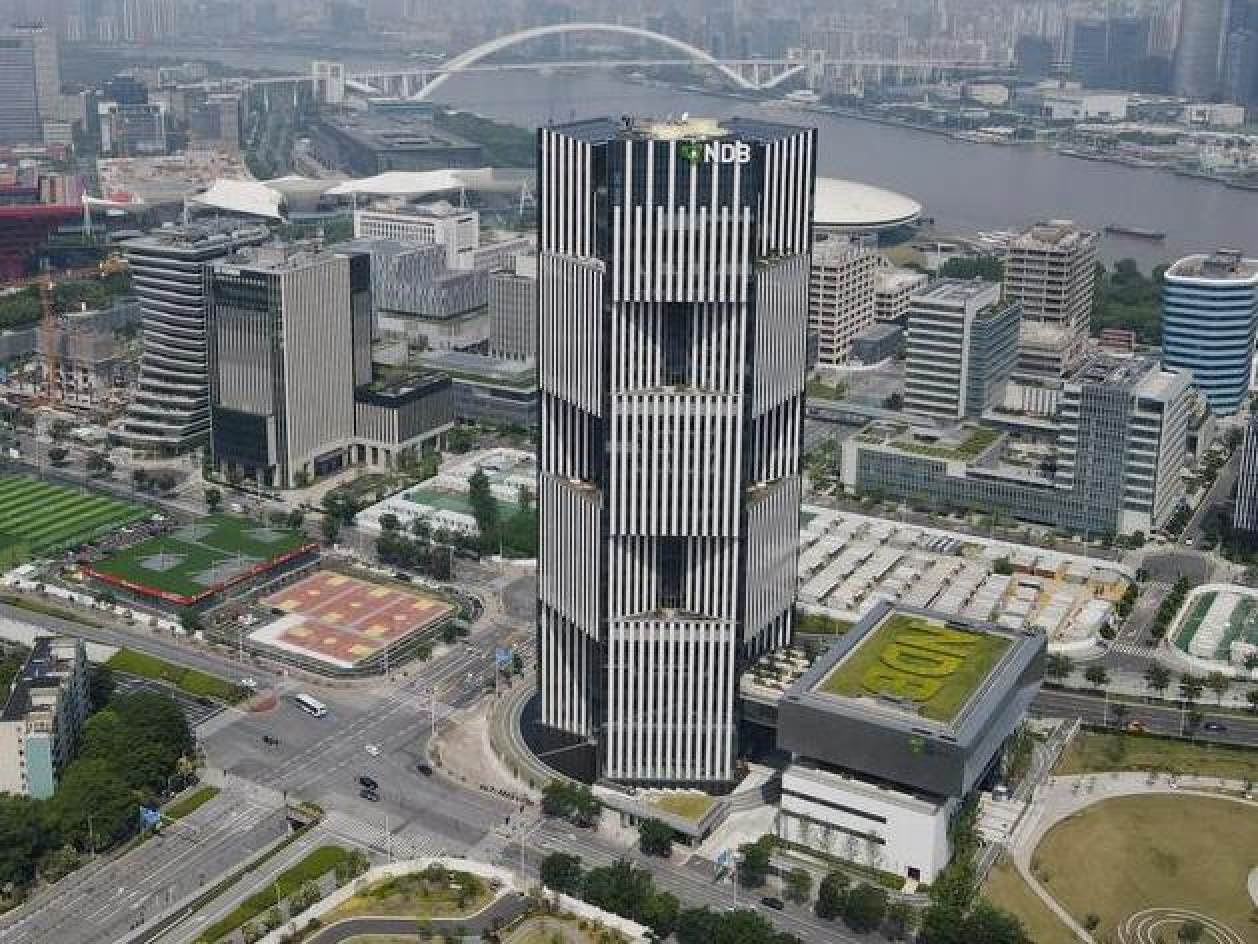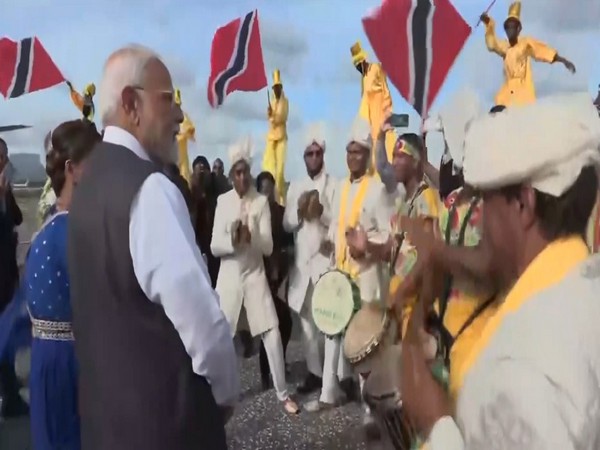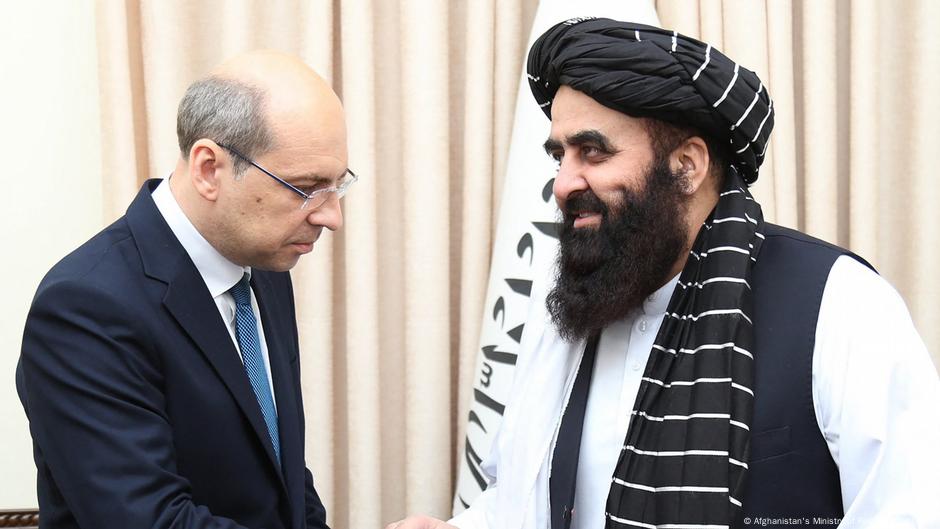
By Tidjane Thiam
When I declared my intention to run for the presidency of Côte d’Ivoire earlier this year, I had specific ideas about what the campaign would involve: extended trips to connect with voters in rural communities, lively discussions with my rivals on national TV, and late evenings analyzing poll results.
Six months on, those hopes now feel outdated. As the October presidential election draws near, the voting system is mired in continuous court disputes. Rather than connecting with voters during the campaign, I have found myself spending too much time in conference rooms, surrounded by legal consultants.
In May, my name was taken off the ballot following a court decision stating that the French citizenship I possessed when I declared my candidacy made my Ivorian citizenship invalid. This judgment applied a legal rule that had been in place since 1961 but had never been used against any person with dual nationality. Consequently, I was deemed ineligible to run for or serve in high office.
Even though I gave up my French citizenship in March, the Independent Electoral Commission (ICE) argues that it was too late and maintains that there isn't enough time before the October presidential election to add my name back to the ballot. This stance is particularly puzzling, considering I am not a minor candidate. In 2023, I was chosen as the leader of the Democratic Party of Ivory Coast-African Democratic Rally (PDCI-RDA), the nation's leading opposition party, with 96.5% of the delegates' votes. Multiplepollssuggest I could defeat the President in a one-on-one raceAlassane Ouattara, should he decide to seek a fourth term.
I am not the sole opposition figure being pushed out of the contest. The recently completed electoral list also excludes former President Laurent Gbagbo, his long-time associate Charles Blé Goudé, and exiled former Prime Minister Guillaume Soro. Along with my disqualification, these exclusions have caused many analysts to doubt if the October election can genuinely be seen as fair.
Currently, the most probable situation is that Ouattara—should he declare his plan to run for re-election—will encounter minimal or no serious competition in his effort to secure a fourth consecutive term. This result would be detrimental to Côte d’Ivoire, significantly speeding up the nation's movement toward a one-party system, or even a one-person regime.
It comes as no surprise that Ouattara's government rejects any claims of judicial interference. However, these rejections have not eased the increasing worries of the public, who believe the legal system is being used as a tool to suppress any opposition leader who could potentially win the presidency.
Certainly, the emergence of electoral authoritarianism is not exclusive to Côte d’Ivoire. Similar strategies have been observed in other nations, where judicial systems are utilized to suppress dissent and maintain the existing order. However, Côte d’Ivoire's recent turbulent history heightens the risk. Particularly, a contested election in 2010 led the country into a violent civil conflict that resulted in the deaths of at least 3,000 individuals.
It is our responsibility to our people to improve. This is why I am urging for patience and requesting the United Nations Human Rights Committee to examine my situation.
The major tragedy is that the present wave of legal attacks is shifting focus away from the pressing challenges confronting Côte d’Ivoire. In a nation where life expectancy is merely62 years– lower than in both Liberia and Mauritania – we need to concentrate on restoring our healthcare system. Considering Ivorian schoolsrank13th among 14 French-speaking African nations in mathematics, addressing our flawed education system must become a top national concern. And Côte d’Ivoire'srecent additionBeing placed on the Financial Action Task Force’s Grey List concerning money laundering should lead to a meaningful conversation about crime prevention and financial openness.
Rather, we are stuck in a false legal system, moving towards fake elections and increasing authoritarian rule. A tiny group has been permitted to damage our institutions and use the state's tools to silence civil society.
There is no proper method to govern a nation. Following our present path, Côte d’Ivoire faces the possibility of falling back into the challenges of previous years. Only a genuinely democratic Côte d’Ivoire can provide the stability needed to advance the country and create long-term prosperity for its citizens.
In an area where poverty and uncertainty have frequently been the standard, I feel that Côte d’Ivoire has the ability to emerge as a symbol of advancement. However, if we allow the foundations of democracy to weaken, we risk missing out on this chance.
Tidjane Thiam serves as the leader of the Democratic Party of the Ivory Coast-African Democratic Rally (PDCI-RDA).
Provided by SyndiGate Media Inc. (Syndigate.info).